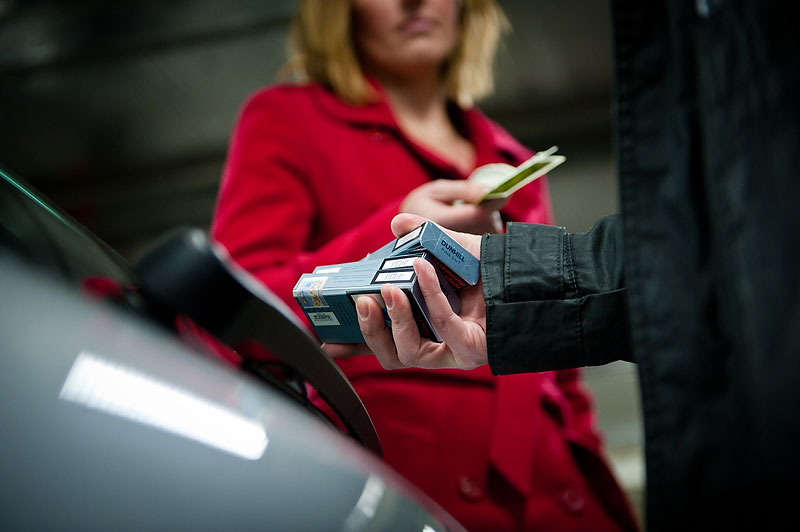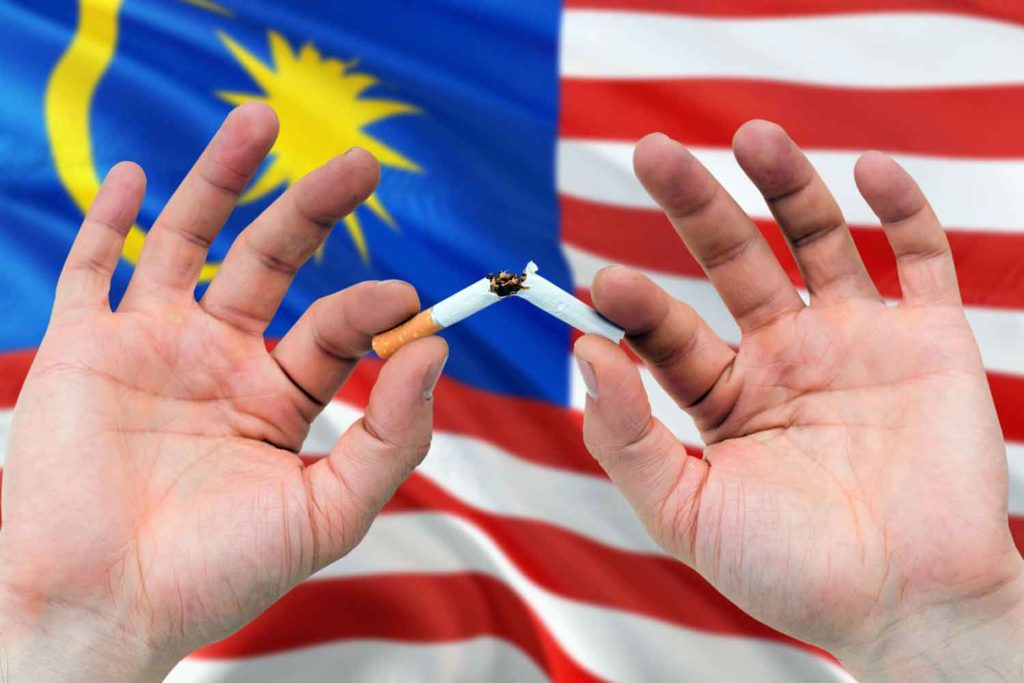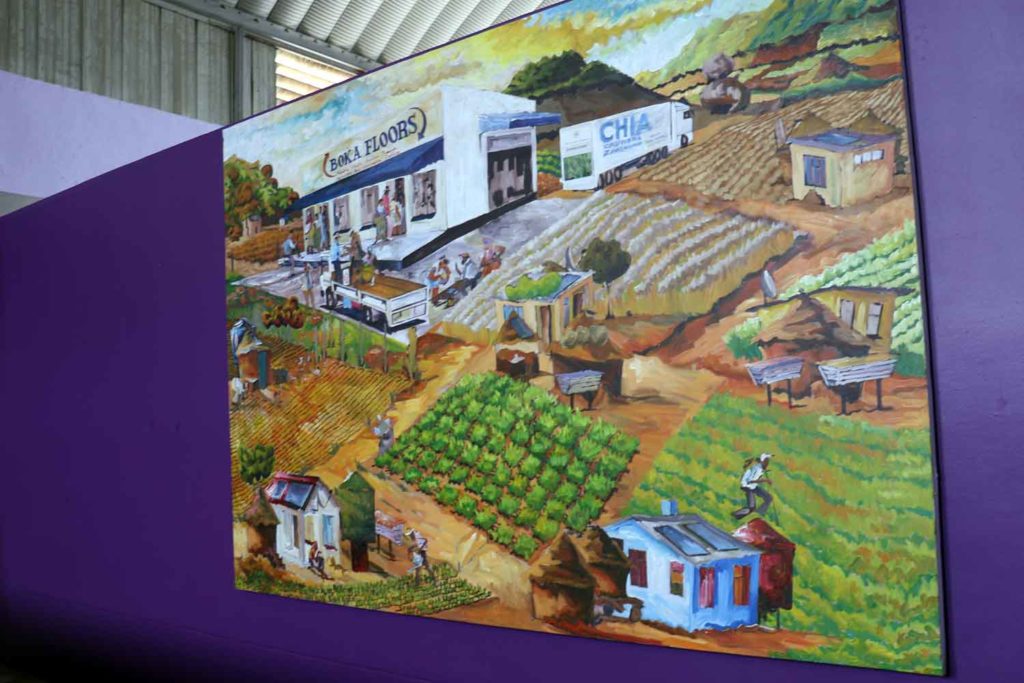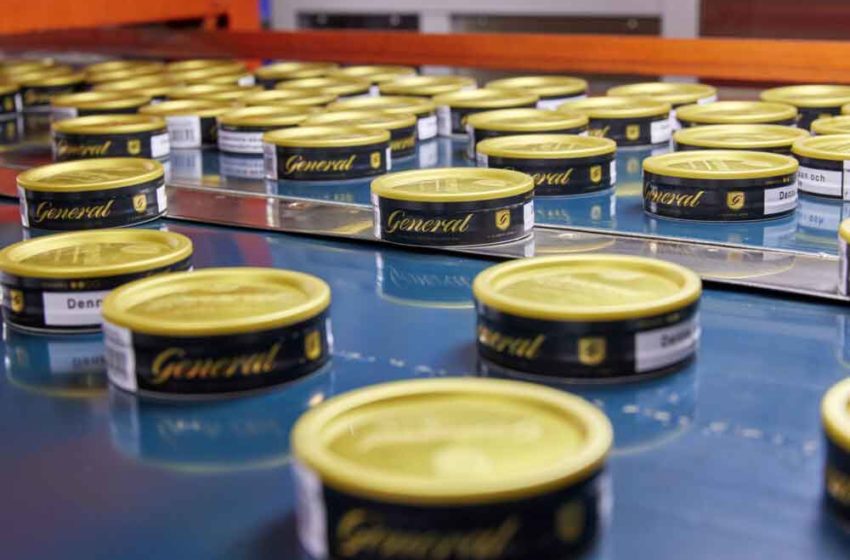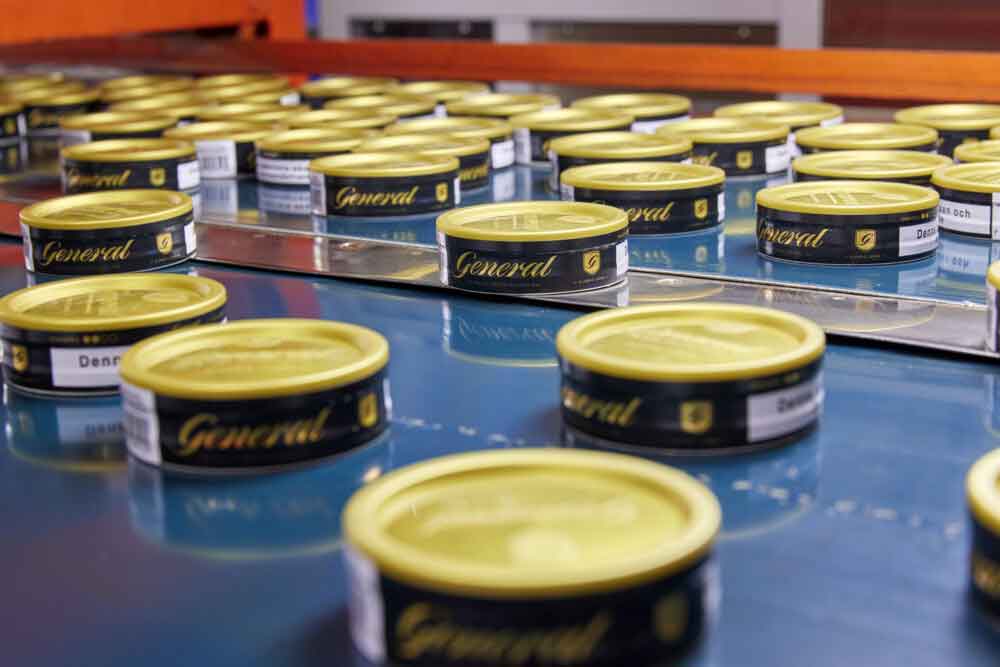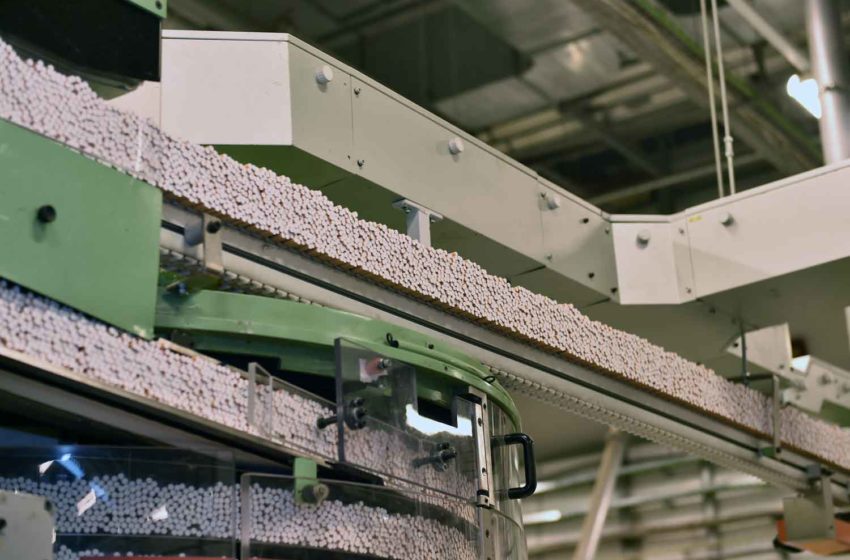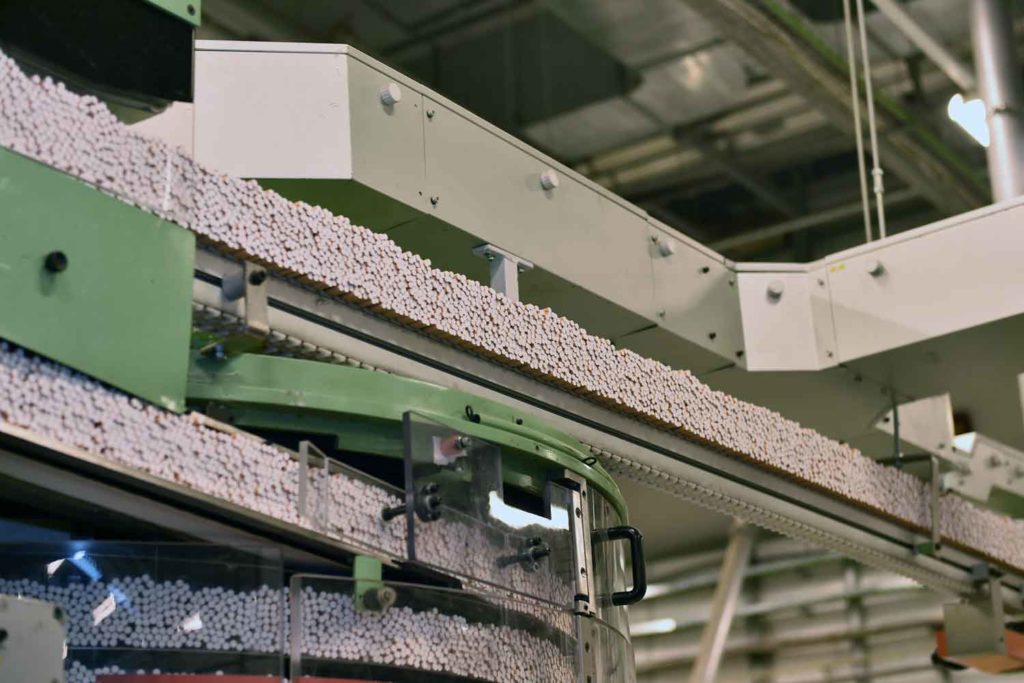The United Kingdom has a new track-and-trace system for tobacco products, established and operated by Dentsu Tracking. Launched on July 1, the system provides the U.K. government with digital, data-driven traceability functionality across the entire tobacco supply chain. The system is part of the U.K.’s anti-illicit trade strategy, supporting Her Majesty’s Revenue & Customs’ (HMRC) efforts to fight illicit trade.
“We are honored to work with HMRC and help the U.K. in the fight against illicit tobacco trade,” said Philippe Castella, managing director of Dentsu Tracking, in a statement. “Our digital system is tailored to the policy objectives of HMRC and designed to address the specific characteristics of the U.K. market. This ensures that the system provides HMRC with the highest level of visibility and government control over the entire U.K. tobacco supply chain.”
The new track-and-trace system leverages the advantages of digital technology to enable the movement of legal tobacco products to be monitored (tracking) and allow U.K. authorities to detect and fight the different forms of illicit trade, thereby curbing the circulation of non-compliant products for which taxes have not been paid and that do not meet all legal requirements in terms of content and packaging. Reducing the circulation of non-compliant tobacco products enables the U.K. to increase national tax collection while protecting citizens and legitimate businesses.
The new system was designed in line with all applicable U.K. and international laws, including full compliance with the FCTC Illicit Trade Protocol that requires parties to ensure the tracking and tracing of tobacco products along both manufacturing and key distribution points.
By integrating sophisticated data analytics tools, Dentsu’s system transforms the collected supply chain data into meaningful information that helps U.K. authorities to identify potentially fraudulent events. The new U.K. system supplies HMRC with real-time detailed analyses, statistics and alerts, which some stakeholders have already described as “groundbreaking,” according to Dentsu.
“At Dentsu Tracking, we strongly believe that the added value of tracking and tracing is only as strong as the level of supply chain insights that the system delivers to government bodies,” said Jan Hoffmann, director of government business. “Collecting data therefore is not enough. We generate powerful business intelligence that will help the U.K. authorities to carry out targeted controls and real-time investigations in the field.”
All businesses engaged in the manufacture, importation, exportation, storage, distribution and sale of tobacco products into and through the U.K. supply chain must use the new track-and-trace system. Track-and-trace requirements have existed in the U.K. since May 2019 and currently apply to cigarettes and roll-your-own tobacco. All other tobacco products will have to comply with the requirements from May 20, 2024.
Dentsu Tracking was appointed as provider for establishing and operating a new U.K. tobacco track-and-trace system in November 2021 by means of a public procurement process. Dentsu replaces the previous provider De La Rue.
